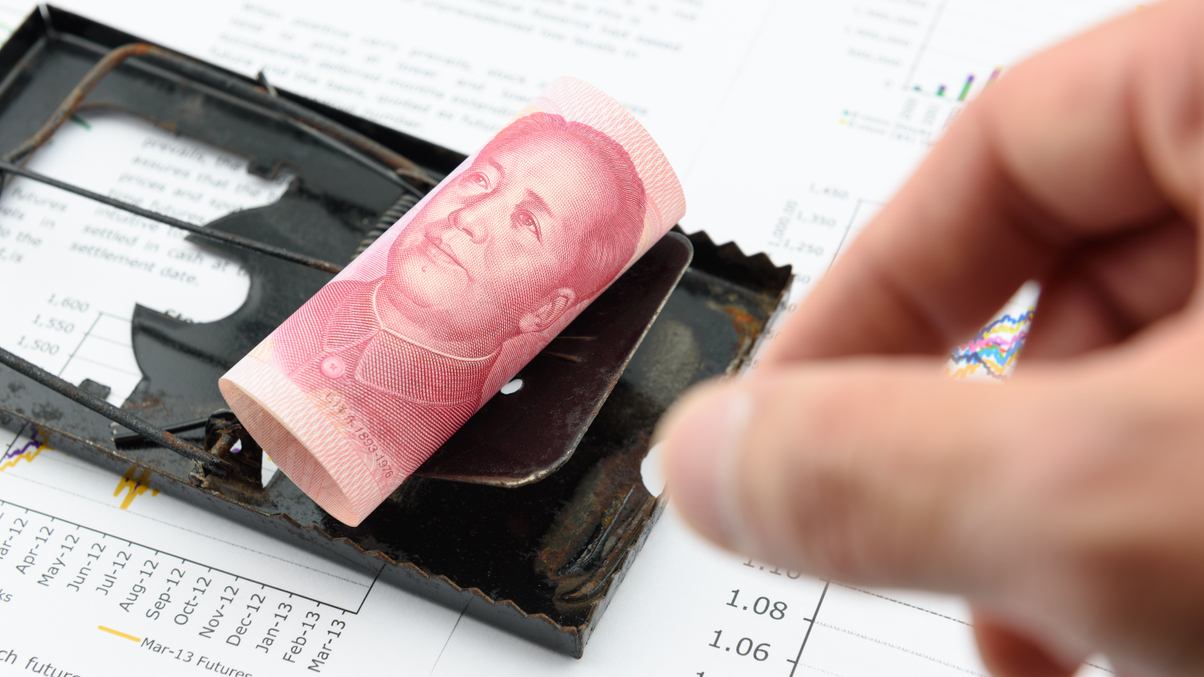Baoshang Bank rescue attracts investors to China debt
Beijing's rescue of the collapsed Baoshang Bank has led some investors to seek out bond investments, relying on the implicit desire of the government to prevent a credit crisis.

Beijing’s swift efforts to seize control of collapsed Inner Mongolia-based Baoshang Bank appears to have tamped down immediate fears of broader credit problems in China.
Sign in to read on!
Registered users get 2 free articles in 30 days.
Subscribers have full unlimited access to AsianInvestor
Not signed up? New users get 2 free articles per month, plus a 7-day unlimited free trial.
¬ Haymarket Media Limited. All rights reserved.


